The most common off-road driving mistake (and how to avoid it)
The anatomy of the most common off-road disaster. Do not let this happen to you. The road to 4X4 hell: so often paved with good intentions. What could possibly go wrong?
I got this question, from a chap named Big Lewy.
Mr Lewy went four-wheel driving in his mighty Pajero Sport with mates. Yeah - I know. That’s how this particular horror story always starts:
Big Lewy there. Loyal viewer. I’m presuming a carnivore. Nobody ever gets dubbed ‘Big’ by overdoing it on the lentils. I’m seeing ‘Mafia hitman’. Kinda like John Wick, with a four pizza a day habit, and a blue singlet.
Okay, so 12psi on the beach - probably a bit low, dude. On OE tyres I wouldn’t go below 16 on soft sand. The danger (if you do) is a lateral shunt rolling the tyre off the rim, breaking the bead. So inconvenient. If you’re monumentally stuck, 12psi might increase the contact patch a little. It’s a desperation move. But it might work.
25 is okay on OE-type tyres for off-roading - if you need extra contact and conformity. Slabs and shelves. Rock hopping. Stuff like that. I mean, you’re wearing your best blue singlet and grandad’s heirloom ‘Bundy Rum’ cap. Might as well break something expensive in the driveline, right? All good, dude.
It’s OK mate - there’s no shame in this. It’s just like waking up in the wrong bed in the wrong hotel in the wrong city wrapped around the wrong someone. We’ve all been there. Just get dressed, brush your teeth, gargle some Listerine and move on.
USEFUL LINKS FOR OFF-ROADING
Essential guide to 4WD tyre pressures and related 4X4 driving basics >>
Basic safe 4WD recovery rules for off-road adventuring >>
How to upgrade from a softer SUV to an all-terrain 4WD >>
Hard shackles -Vs- soft shackles in 4WD recovery >>
Are GVM upgrades a good idea? >>
4X4 Snorkels: Ultimate Buyer's Guide (you probably don't need one) >>
My AutoExpert AFFORDABLE ROADSIDE ASSISTANCE PACKAGE
If you’re sick of paying through the neck for roadside assistance I’ve teamed up with 24/7 to offer AutoExpert readers nationwide roadside assistance from just $69 annually, plus there’s NO JOINING FEE
Full details here >>
Air, Apparently
Not re-inflating: Bad idea - as you will shortly see. They’re, like, 30 per cent under-inflated, at 25psi. That’s quite a lot. Tyre pressures are crucial, and under-inflation is w-a-y worse than over-inflation when it comes to danger, at cruising speeds.
Nah - I’m tipping Big Lewy knew all about it at the time - the veering. Kinda obvious. And he’s probably played it over and over in his mind’s eye a billion times since.
Big Lewy came to rest in some banjo-playing pyromaniacal eucalypt weed infestation. We sometimes call them National parks. Saved by a Prado driver on Valium, metaphorically, and nobody wants that.
EQUIP YOURSELF
Compressor
A quality 12-volt air compressor gets the job done fast and reliably, allowing you to re-inflate quickly so you don’t put you or your family at risk by driving on made roads with the tyres deflated for off-roading. Remember to leave the engine running so you don’t deplete the battery while re-inflating, and confirm the pressures with a quality tyre gauge (below). Compressors can be mounted in the engine bay (if there’s physical space) or the cargo bay (if there’s power available) or you can leave them portable for convenience (switching between vehicles, etc.) A compressor is one of the ‘must haves’ for safe off-roading - they allow you to re-inflate after repairing a puncture at the roadside also - which really boosts off-road mobility. This one features dual-piston design for greater efficiency and better cooling, pushbutton overload protection reset, and Anderson plug connection for re-inflating the tyres on your trailer, and quick-release air fittings - and it won’t break the bank.
2. Plug Kit
A tyre plug kit like this one boost mobility in remote areas by allowing you to make temporary repairs to simple punctures in the field. You don’t even have to remove the wheel from the vehicle in most cases. Simply remove the object that punctured the tyre, ream the hole with the provided reamer, insert the self-adhesive plug using the split-needle tool provided, withdraw the needle and re-inflate with your portable compressor. (Remember to stop for a permanent repair when you get back to civilisation - this will involve removing the tyre from the rim and patching it internally, if it’s repairable in this way.) Plug kits are a super-affordable way to maintain mobility on long and short remote trips.
3. Tyre Gauge
A good tyre pressure gauge does two things: It allows you to measure the pressure accurately every time, and it maintains consistency - because you’re no longer reliant on whatever dodgy gauge you find at this servo or that. Get one that’s built durably, and keep it in a protected, easy to access location in the vehicle - or in your compressor box. This one has a head that swivels on the valve so you don’t have to twist the hose to read the large 50mm display, and also a pushbutton deflation feature, in case you overfill or need to drop your pressures accurately for soft sand or general off-roading.
I’m pretty sure I know exactly how you got there, dude. That’s what a blowout feels like. The sidewall flexes too much, gets too hot, and suddenly fails. Car makes like Baryshnikov (dancing off to one side), then you crash.
Probably not a faulty tyre mate. Generally, if the tyre has a hole in it, the hole is the problem. Balance of probability: your tyre deflated and then rolled off the rim. It’s unlikely to happen in the other order.
That’s Occam’s razor, which says: in the absence of compelling evidence to the contrary, the simplest explanations are generally right.
Basically, I can’t forensically decompile the crash using my strange mental powers. On the balance of probability, the crash got a massive leg-up from driving underinflated. Like, it’s a jungle out there, dude. (It’s actually just busted-arse eucalypt forest, all the way to Cape York. And yet, people still go there.)
USEFUL LINKS FOR BUYING & OWNING TYRES
Does increasing tyre size impact my warranty? >>
The complete guide to owning tyres >>
Critical tyre replacement advice >>
The truth about run flat tyres >>
Inflated ego
In an attempt to perform DIY automotive forensic analysis, Big Lewy goes on to excrete a rather large through bubble in order to diagnose all potential ways to blame anything other than his own egg-on-face diligence (or lack thereof).
Look, Big Lewy, it’s just like doing a hit for the mob, or eating a slice of pizza without chewing: there are rules, dude. More like guidelines, really. They minimise the risk of failure - like politeness, or remembering to wear pants for a job interview. Well, the majority of job interviews. You know what I mean… Rules, dude.
Well, Big Lewy: 16psi for sand, 25 for rock hopping and rough low range generally. You can safely add 10-15 per cent to the placard maximum for the highway, and take 10-15 per cent off for dirt roads. This is for OE-sized tyres, in general. Like standard tyres. Always re-inflate when you get back on the highway, or good dirt, even if only for a few kays.
Don’t deflate unless you have to, generally. Carry a compressor and a tyre plug kit. And a decent tyre gauge. Get out regularly and check the tyres. Never just say: ‘Fuck it. It’s only 15 kays - we’ll re-inflate when we get there.’ That’s bad.
On literacy, dude: You generally allocate one thought per sentence, and your ideas are prosecuted in paragraphs, upliftingly… Everyone who reads your autobiographical blowout account gets the general gist of it, mate.
If more Australian detained themselves in this diligent communicational fashion, we would seem far less the nation of inarticulate, convict-descended, backward rednecks, to the rest of the world. Which would help Make Australia Less Shit … an ambitious outcome to which we really should each aspire.
So, Big, if I may call you that, in the most platonic sense, you must have been at least partly conscious during at least some of the schooling process. Between recess and lunch, or something, in term three of grade four. Or perhaps all that pepperoni and cheese over time has given you superShitsvillian mutant literary powers.
Like a pizza-fuelled dole-bludging Wolverine, or a morbidly obese off-roading Deadpool, face-planting those Chimmy Chongas. Tacos and beers, always keepin’ it loose, as the Deadpool anthem so poignantly suggests.


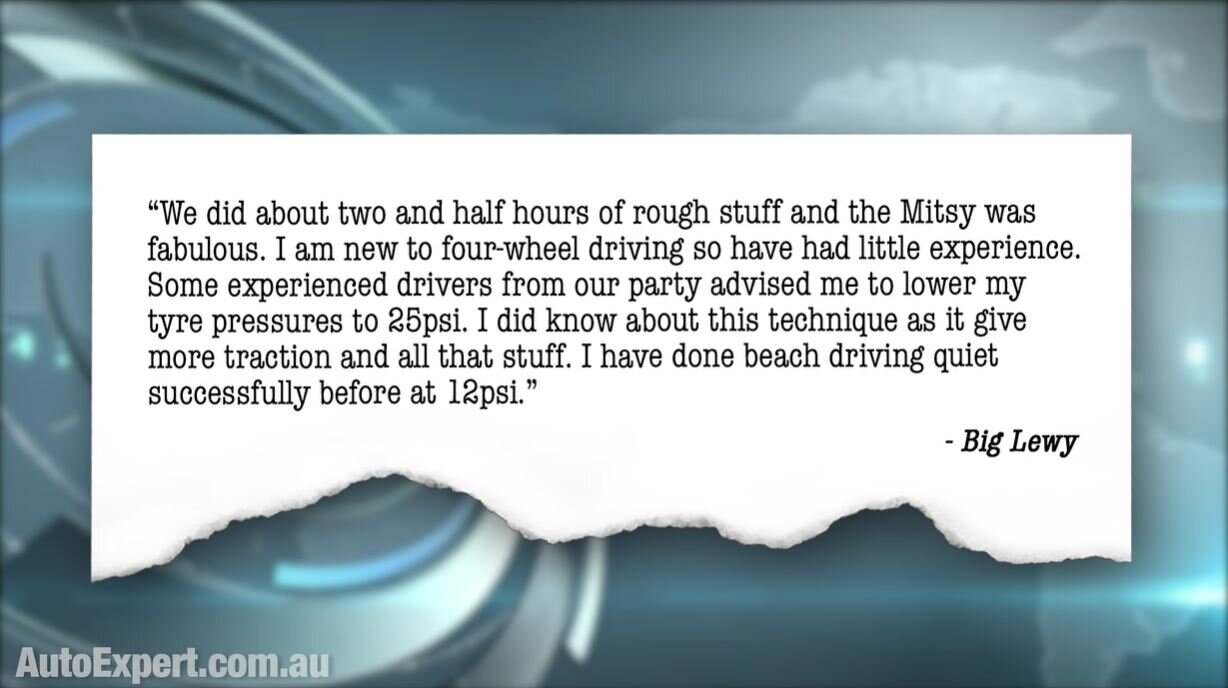

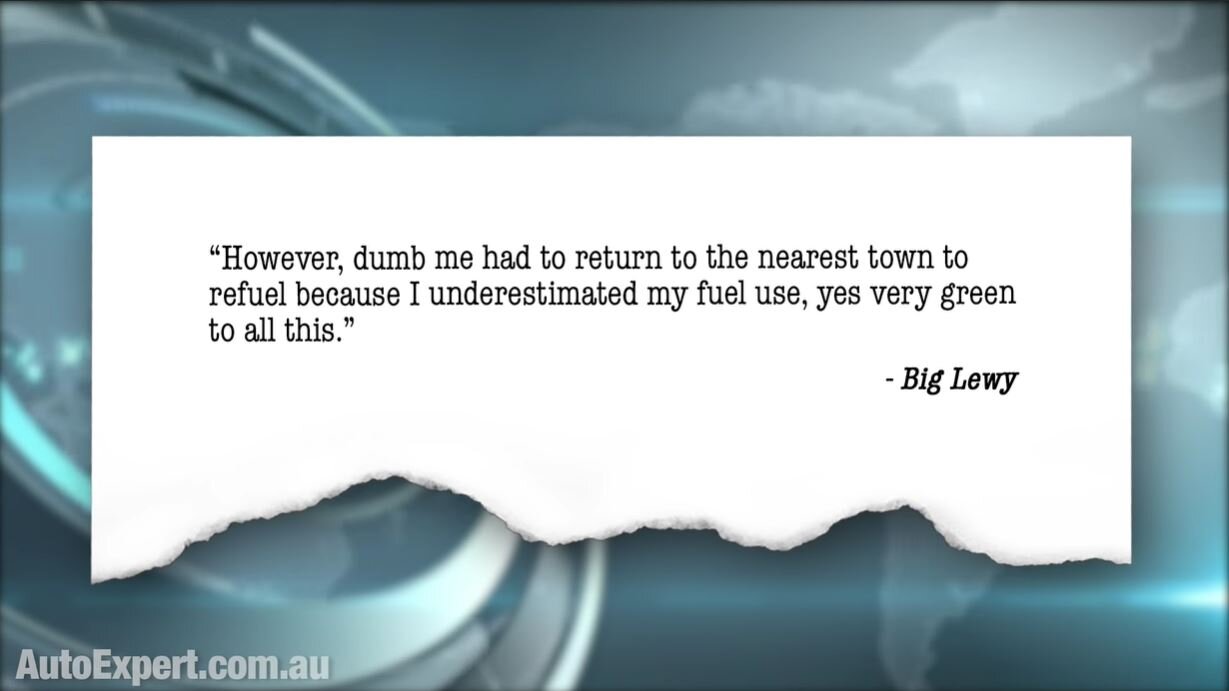
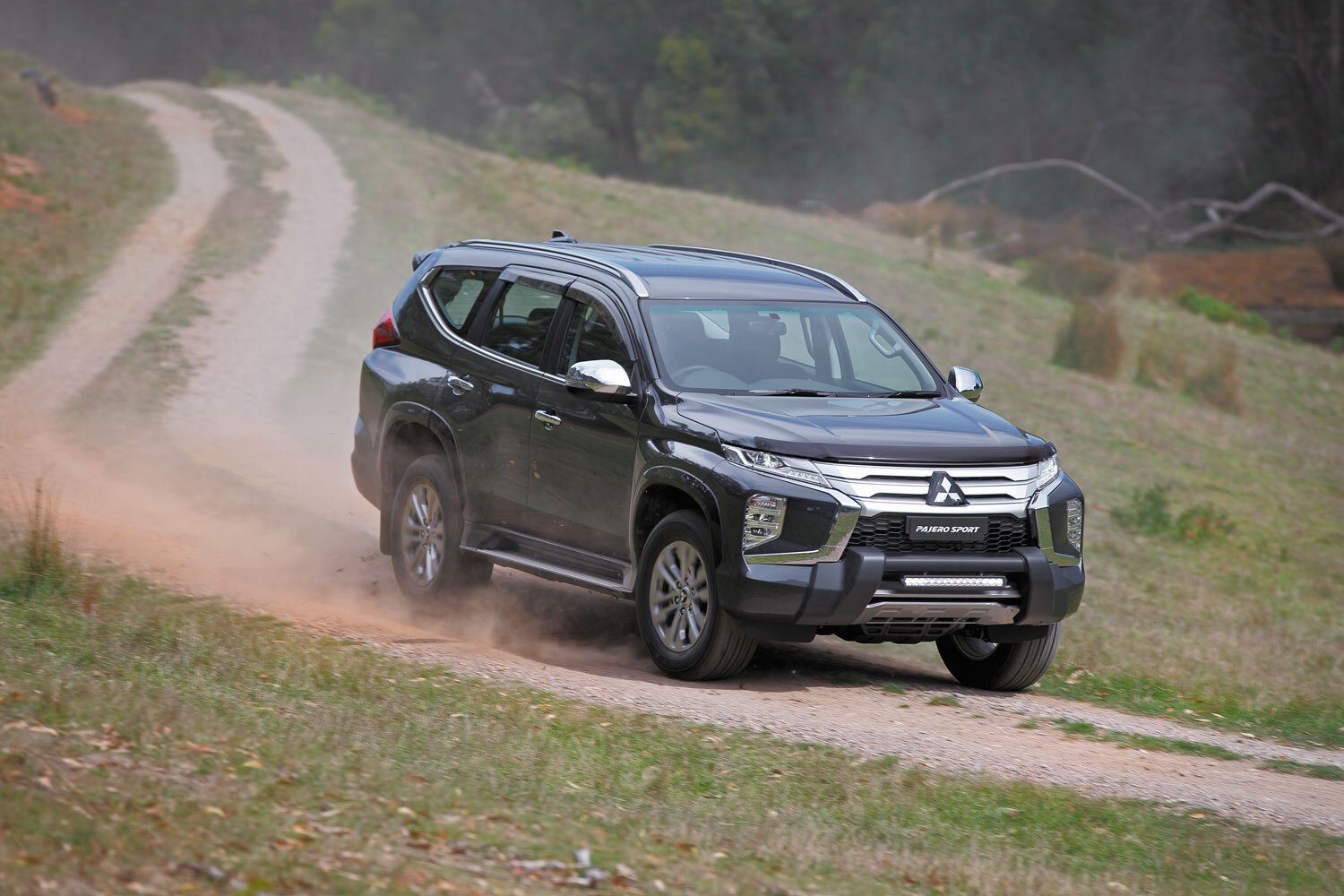





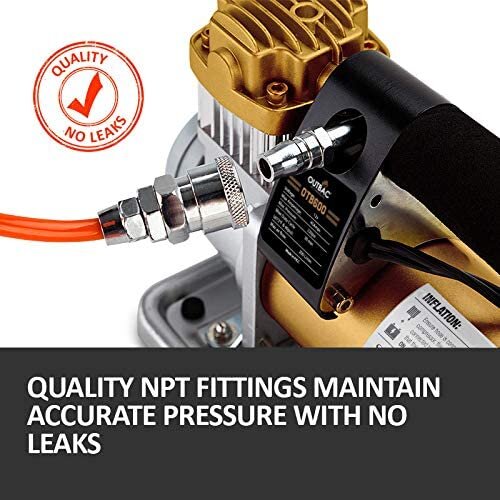




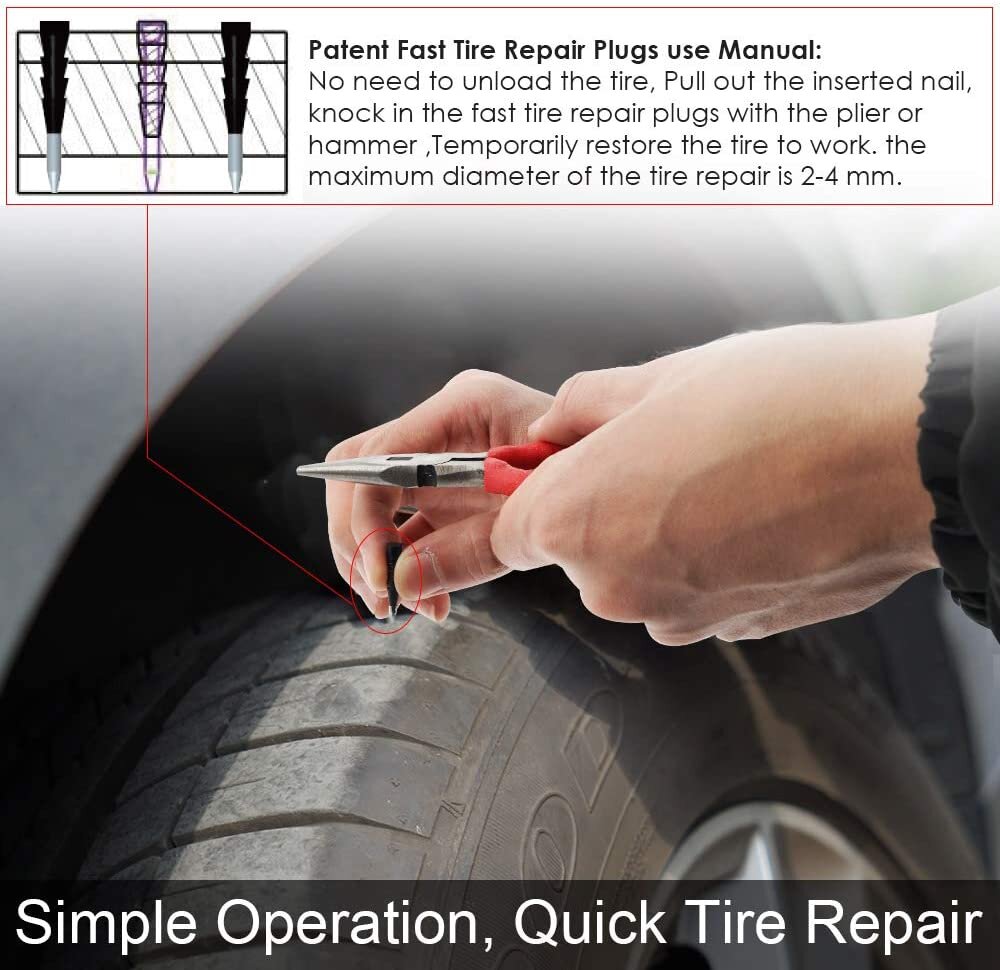
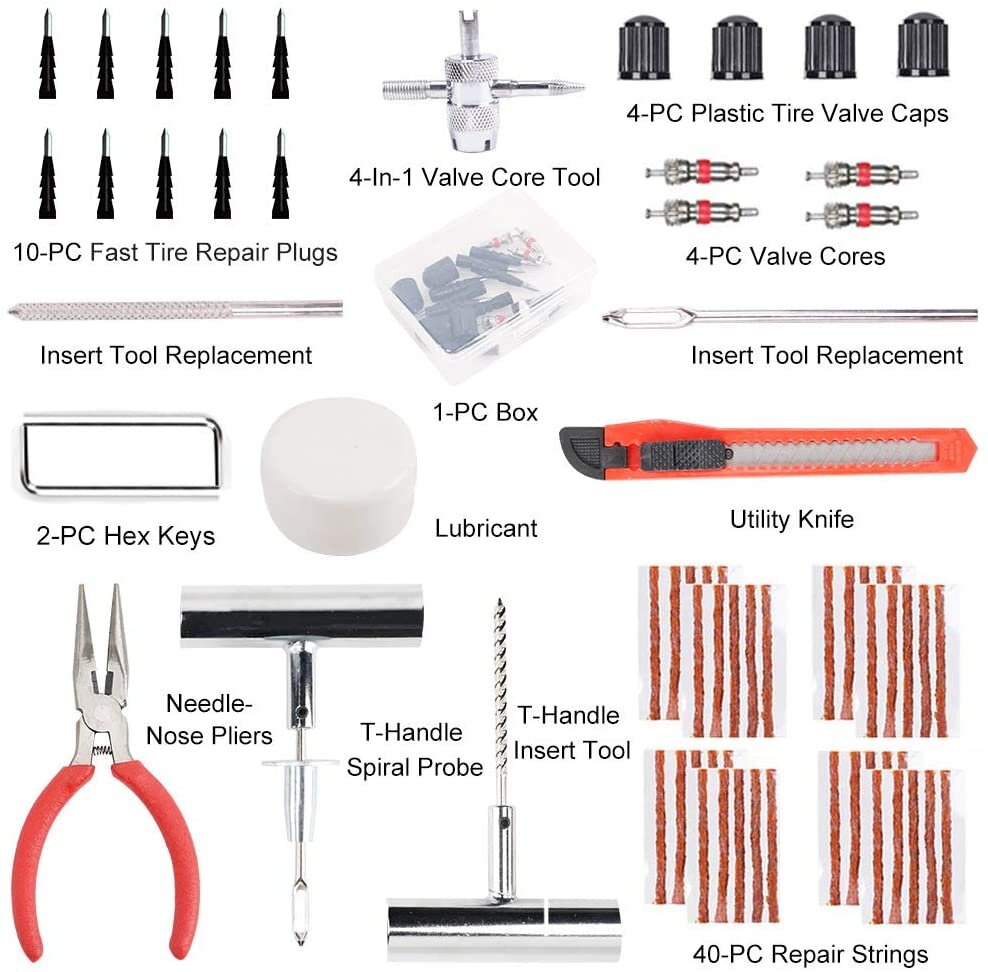
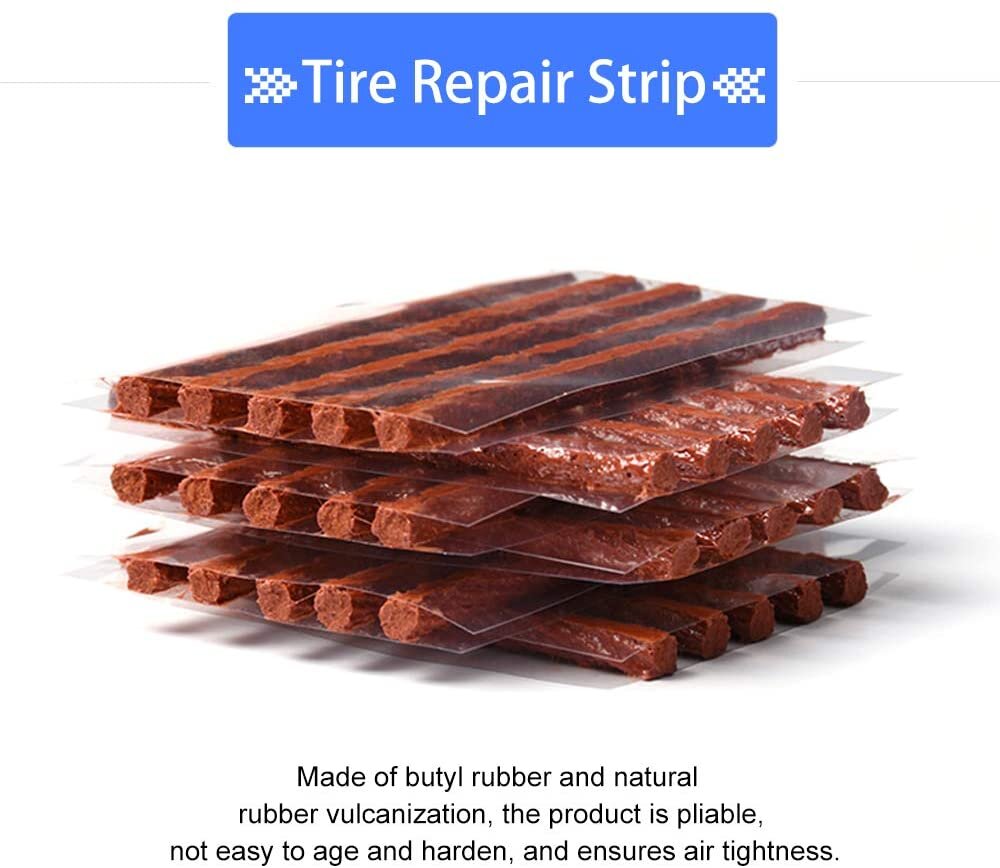
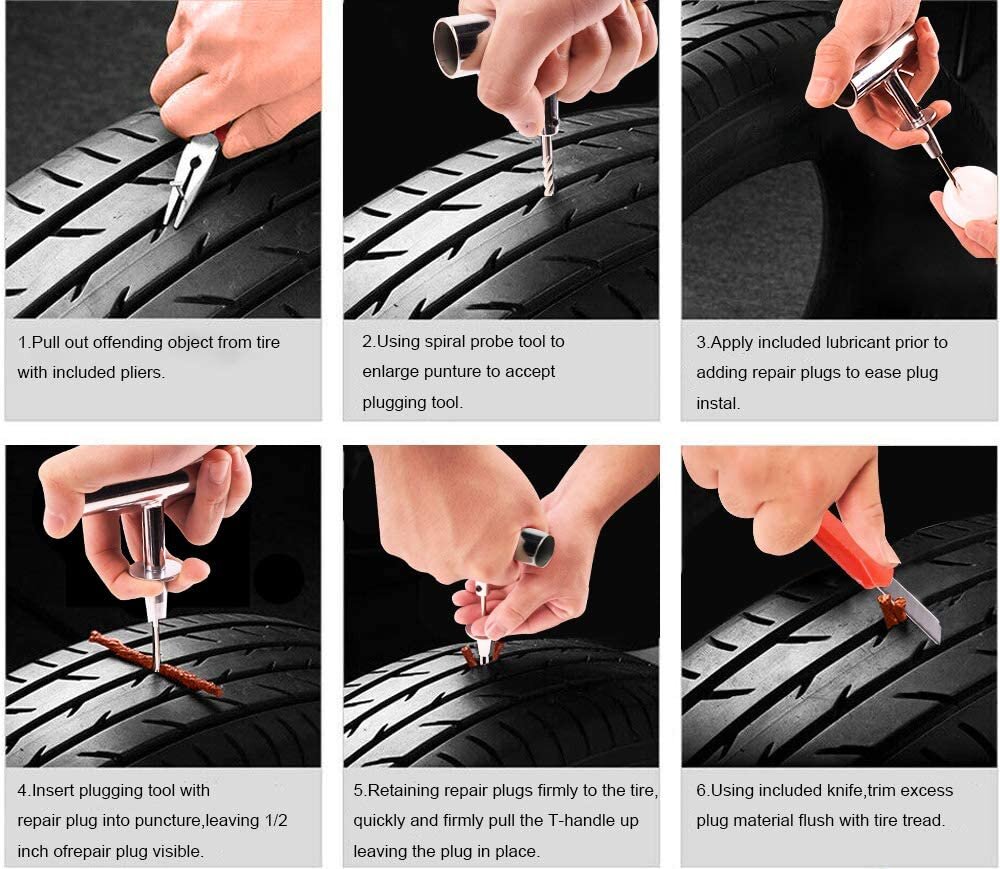
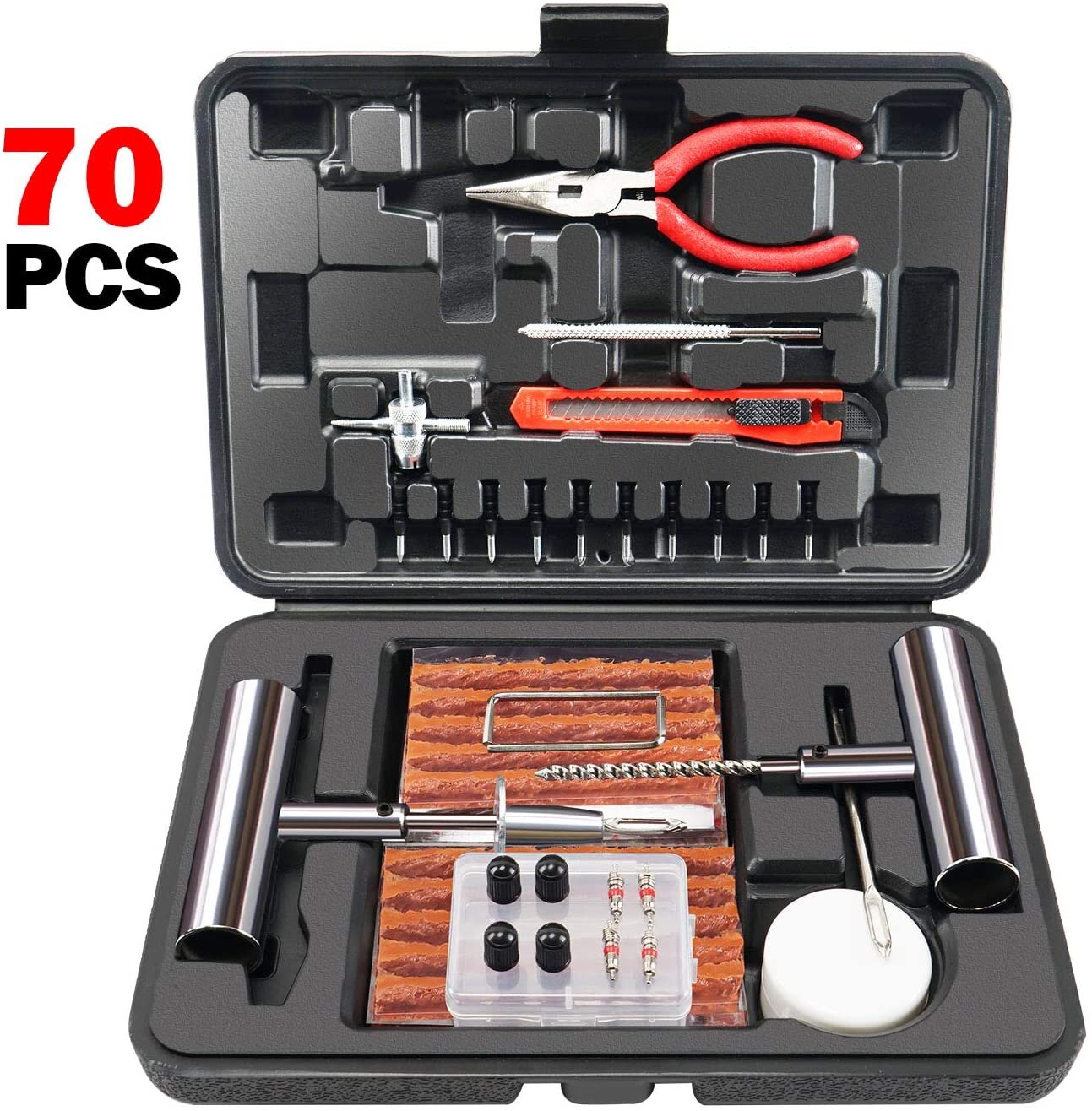
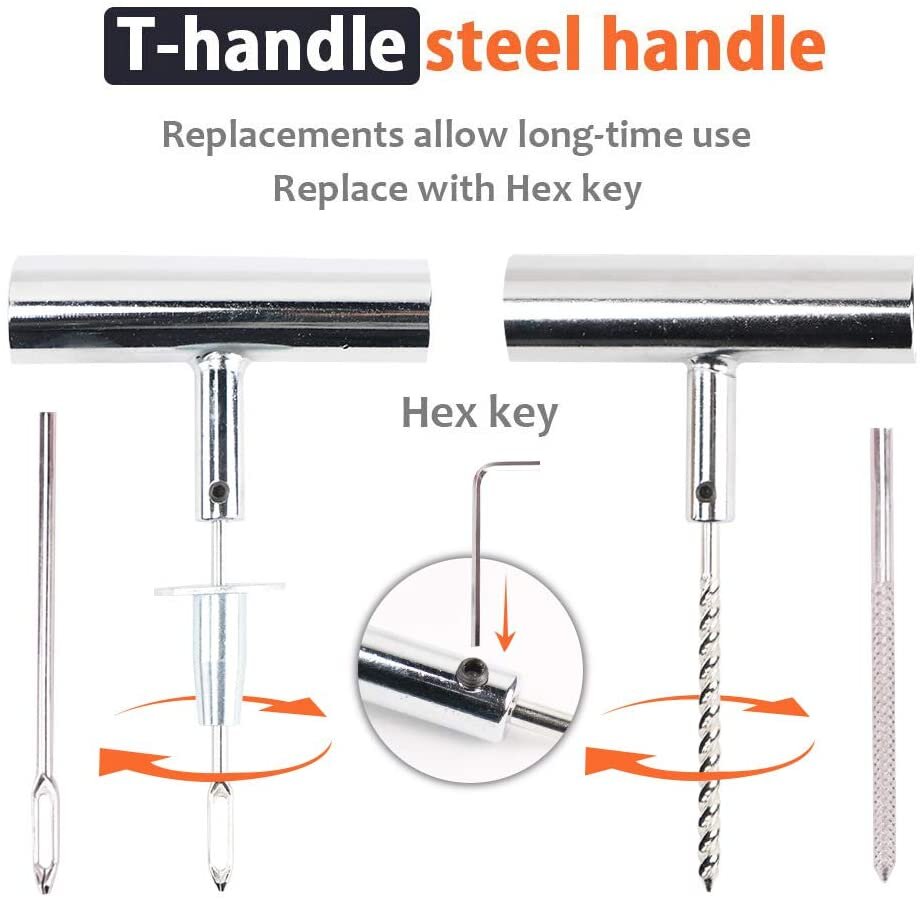
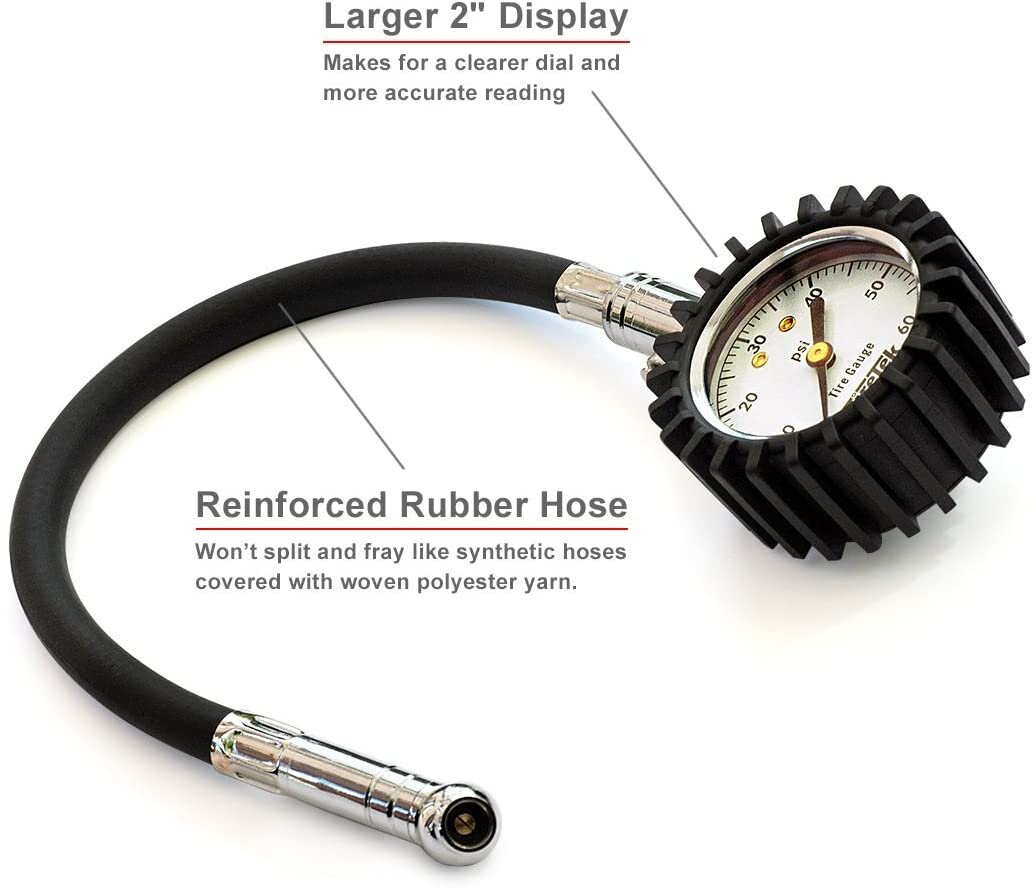
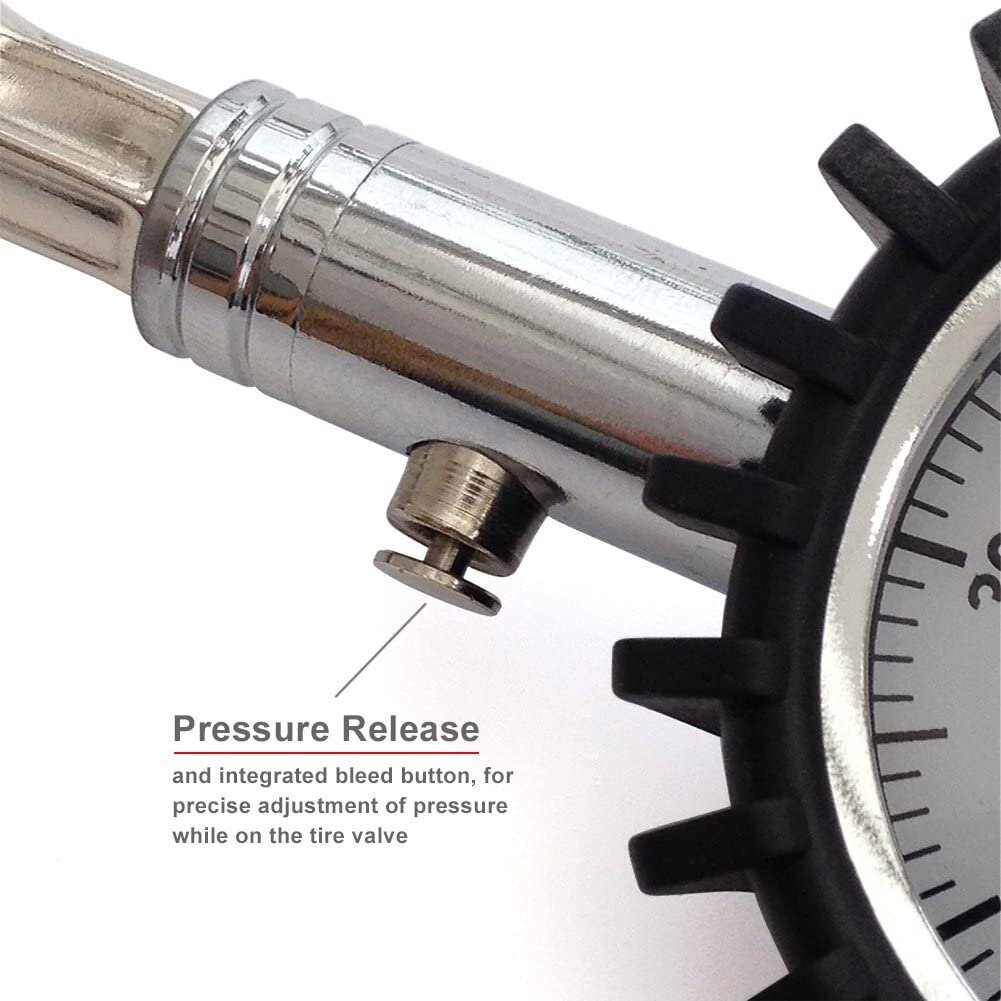
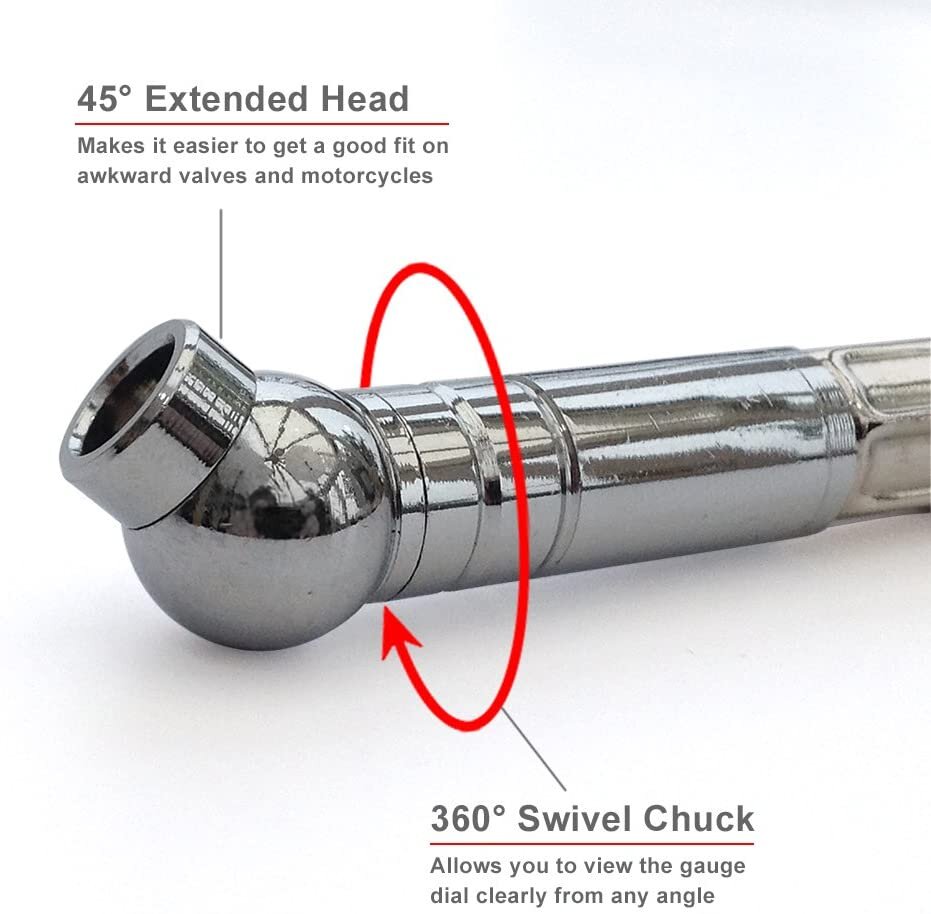
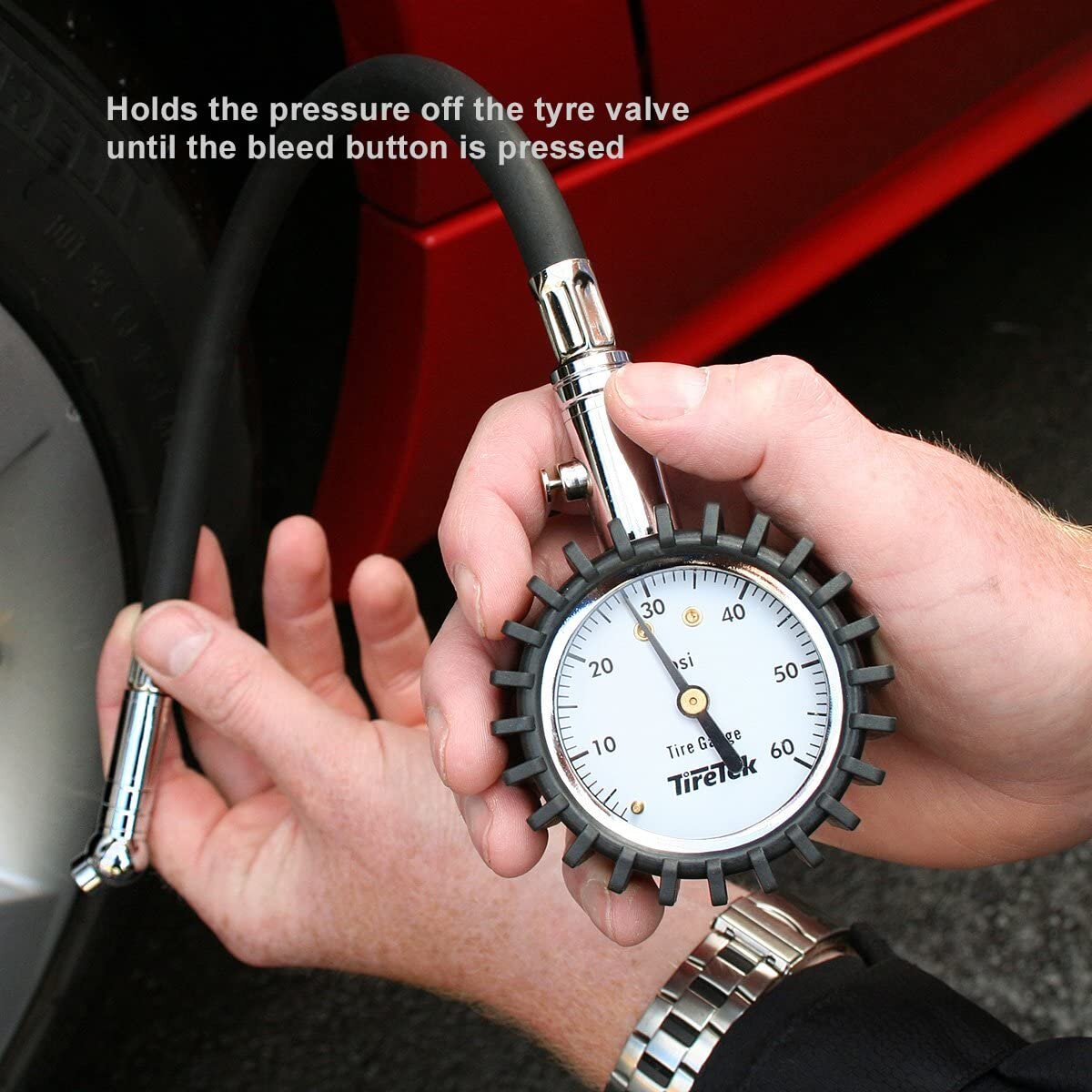
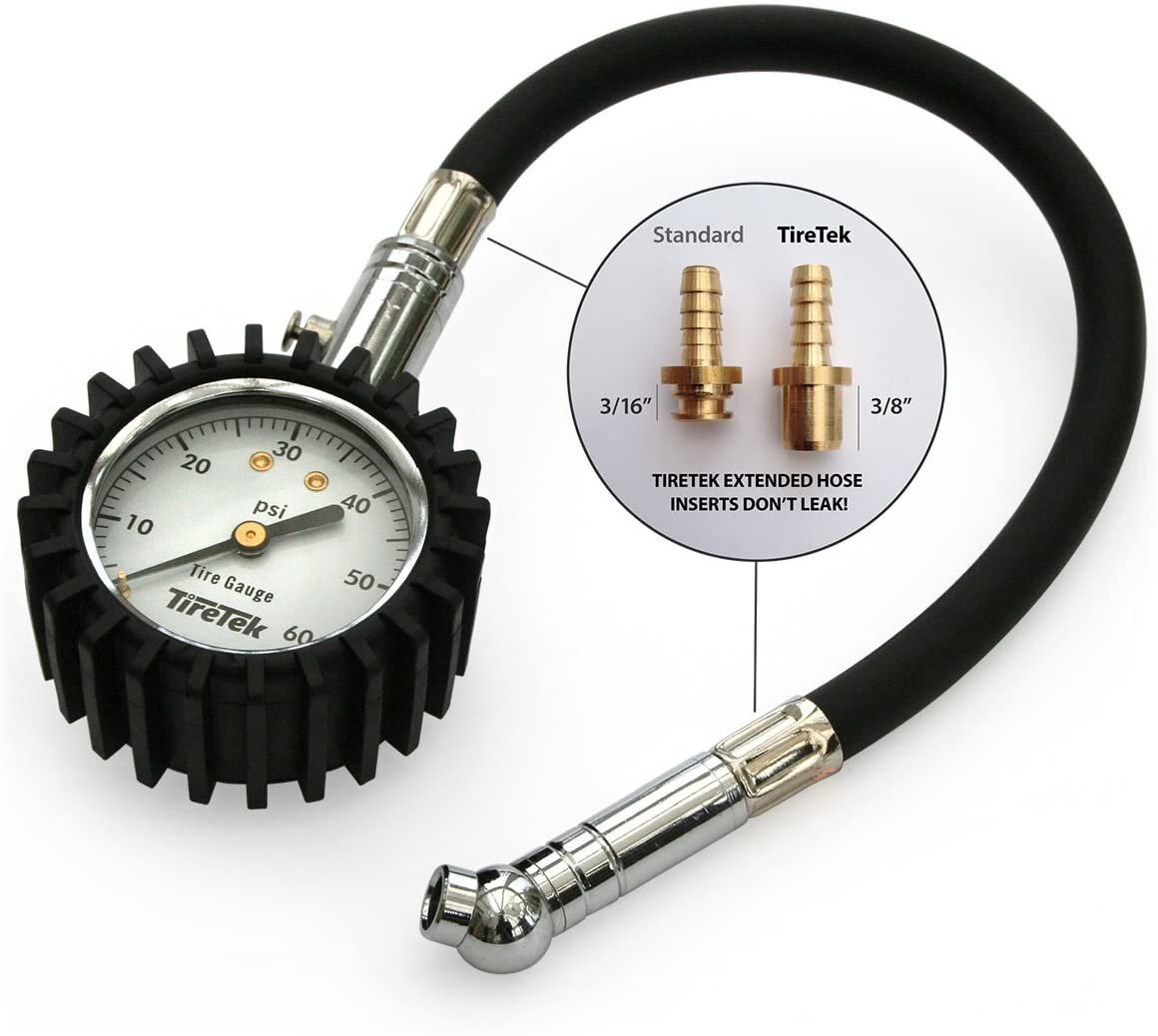
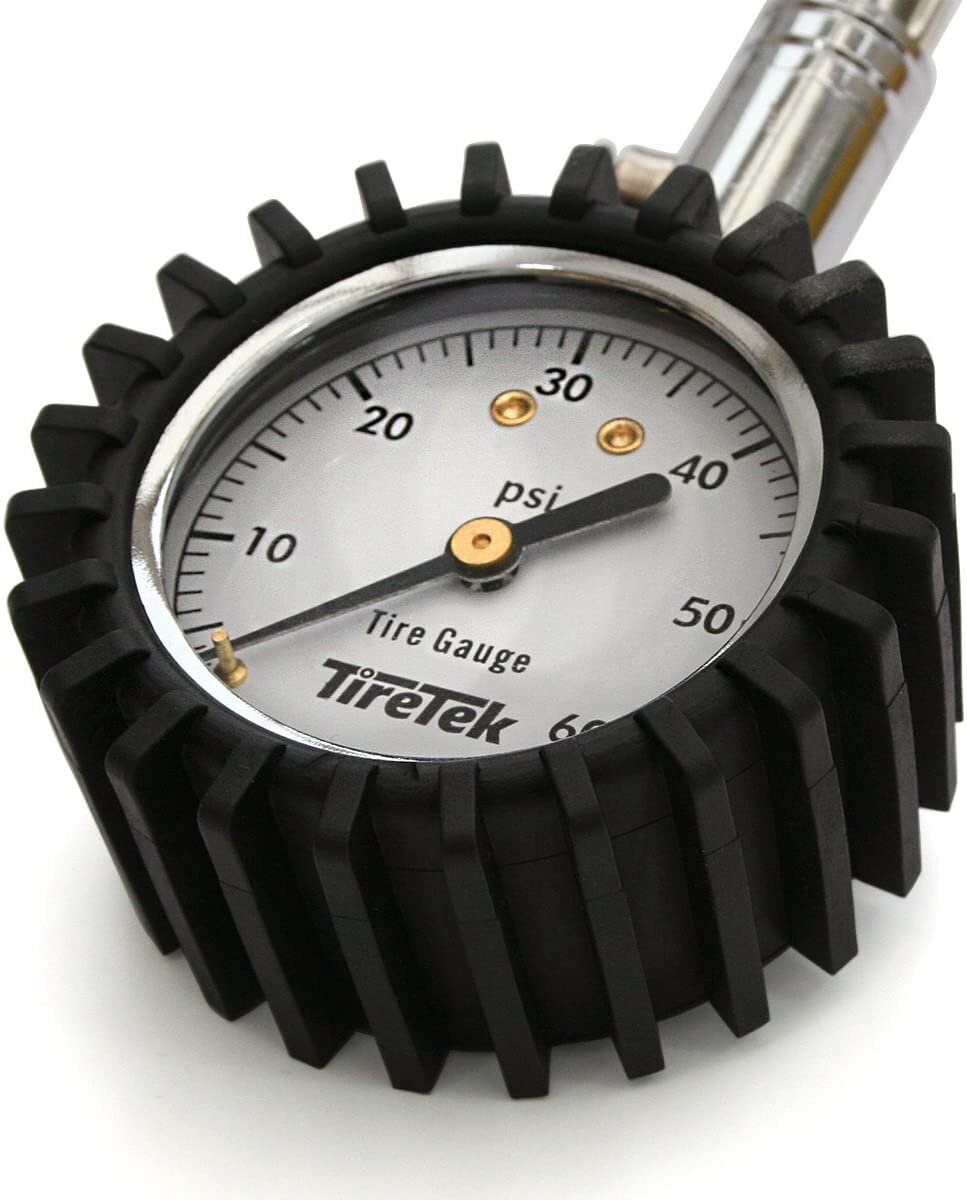



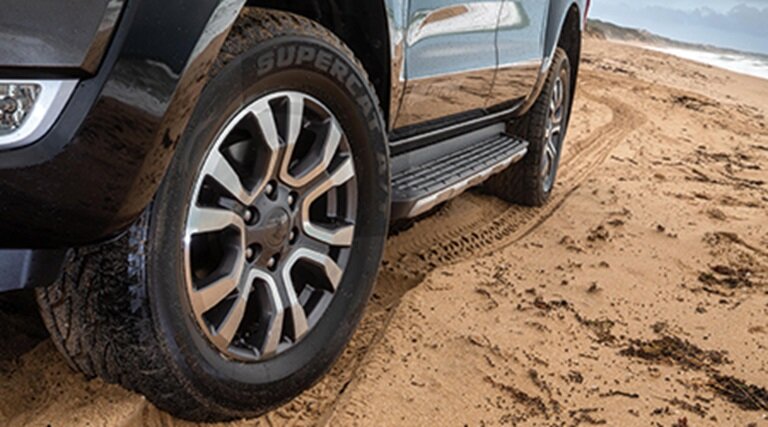









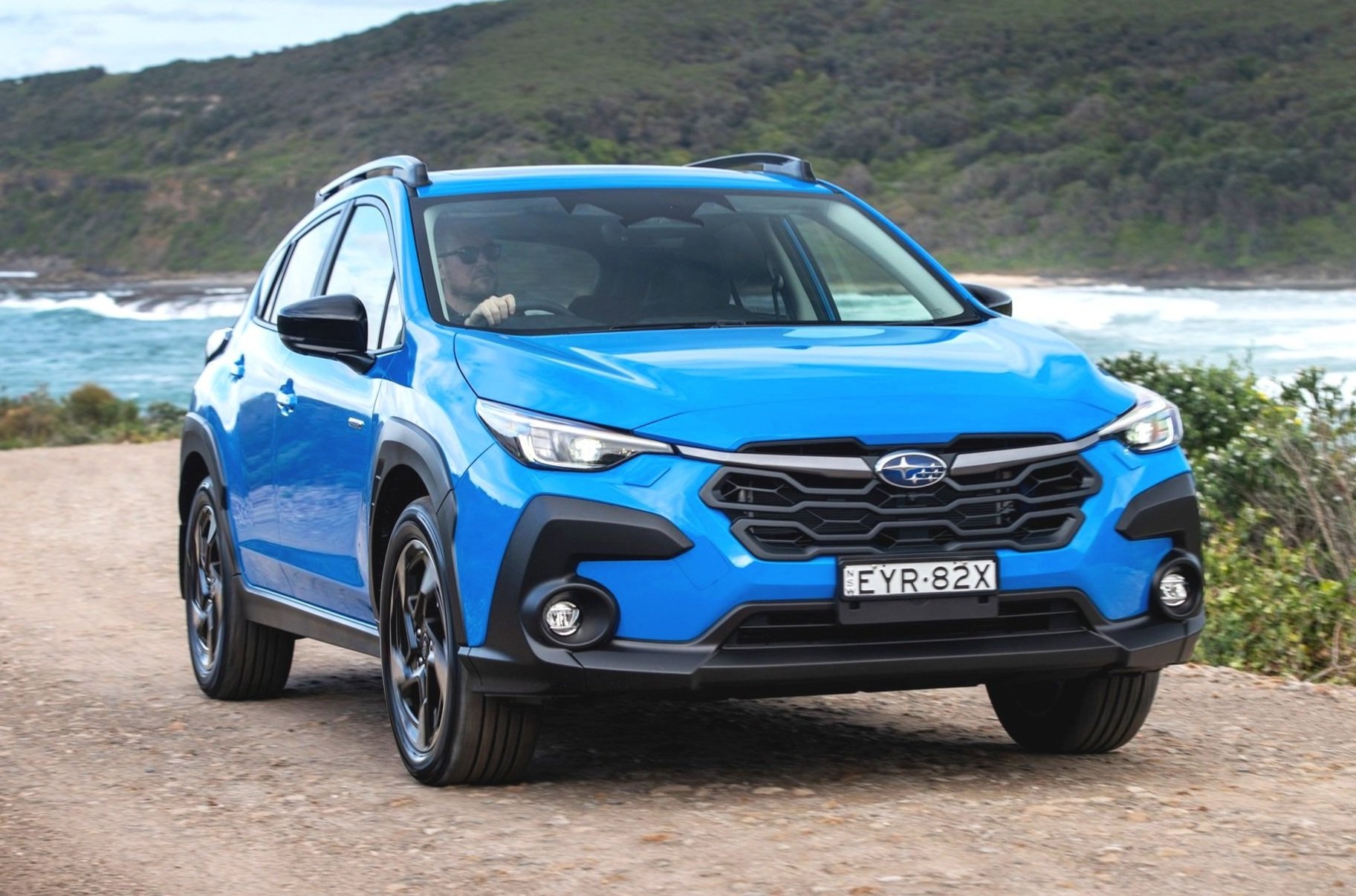
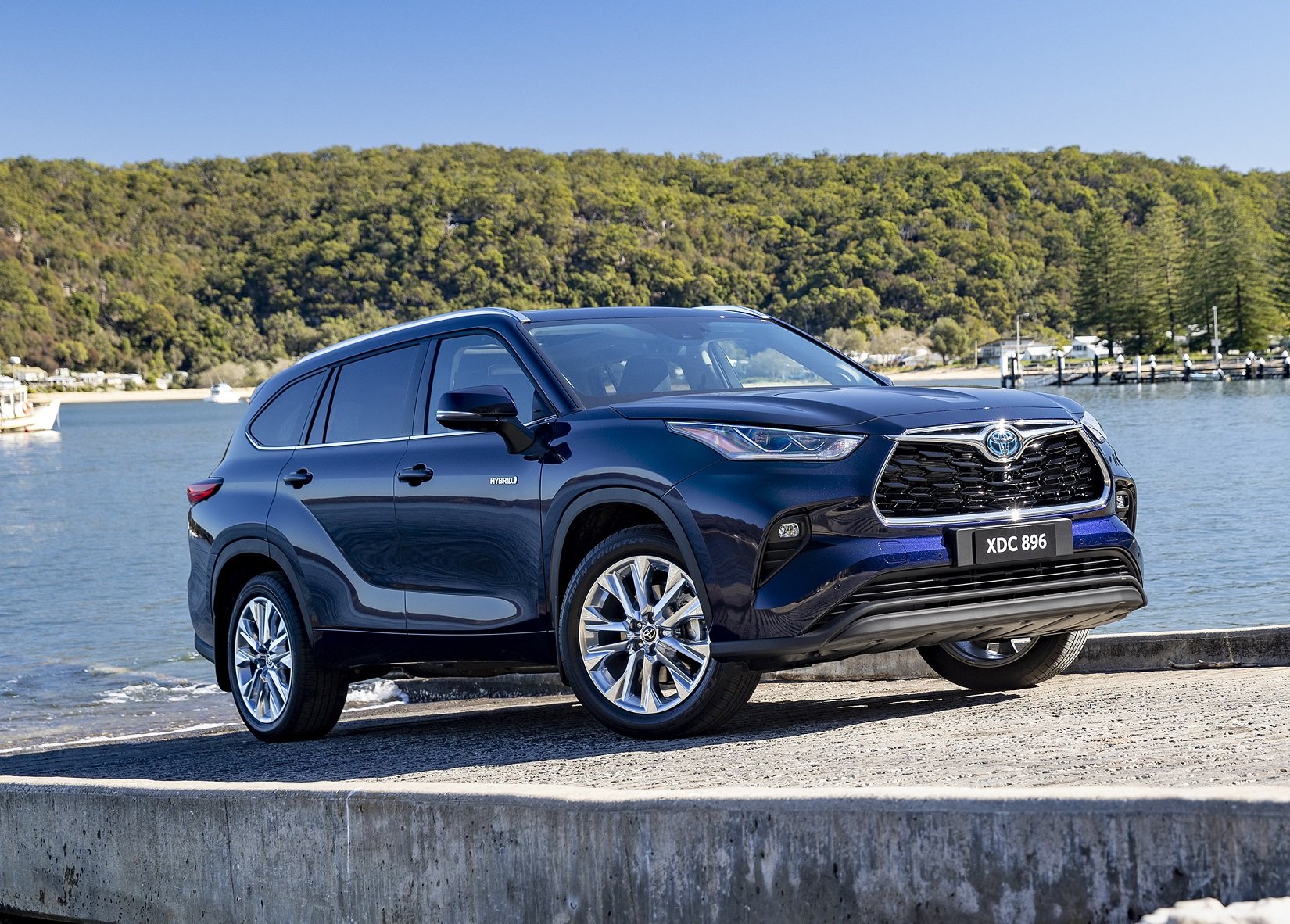
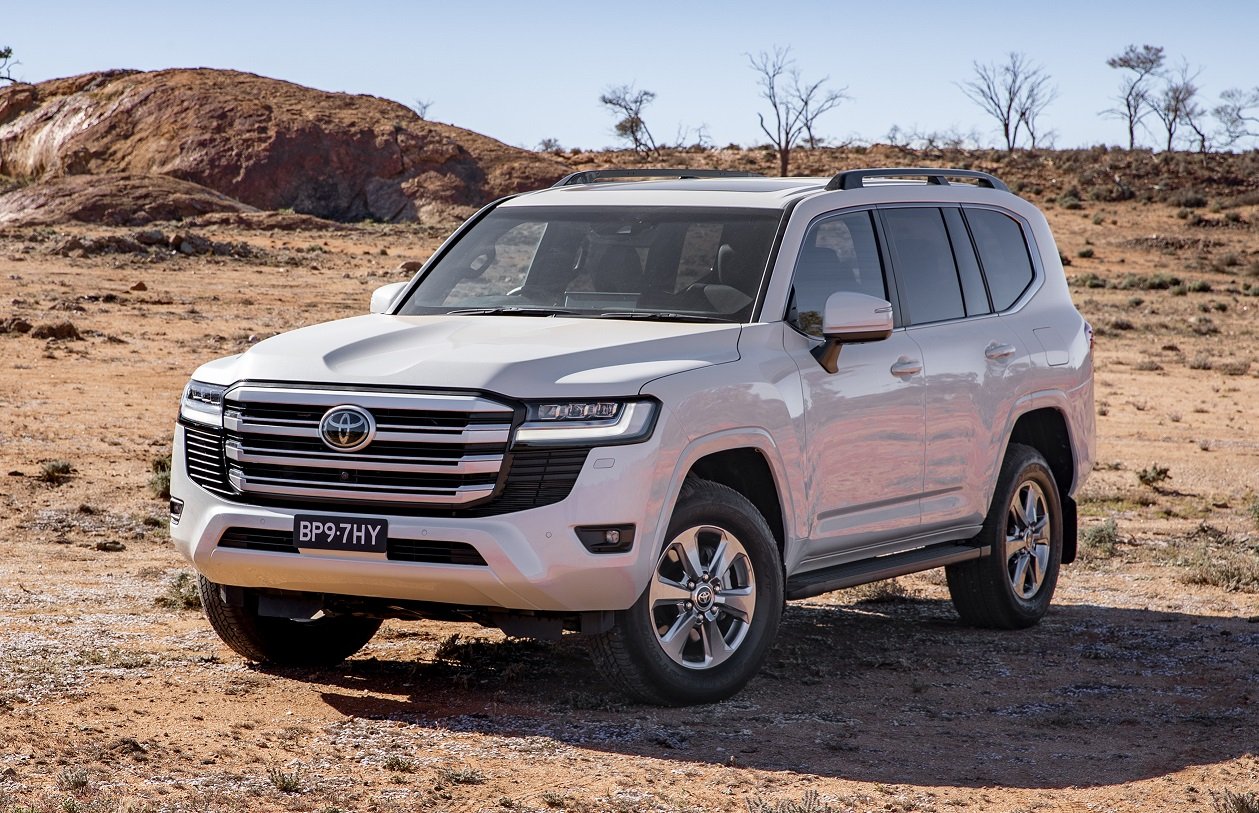

The GWM Cannon Alpha plug-in hybrid is the ute catching every other ute brand napping in the Australian market. It’s innovative, full of clever design and has bucketloads of grunt for towing, load-carrying, touring and off-roading. It’ll leave a turbo-diesel Hilux for dead, and leave you with change, unlike Ford Ranger.